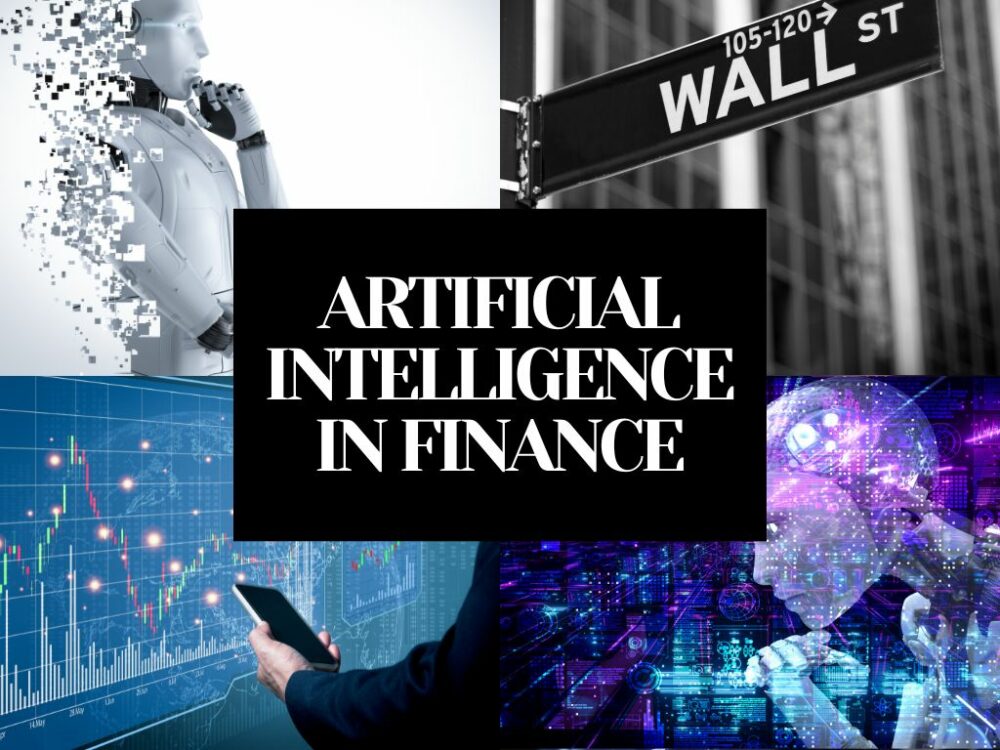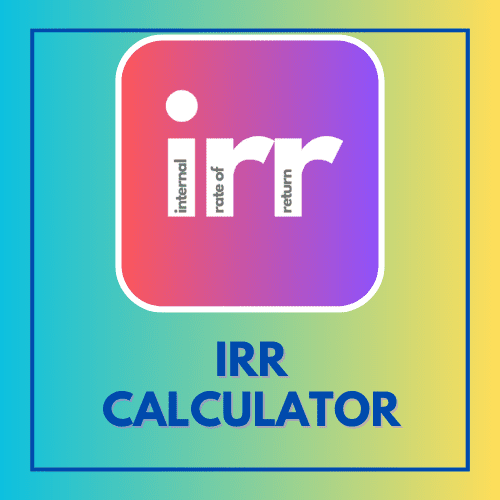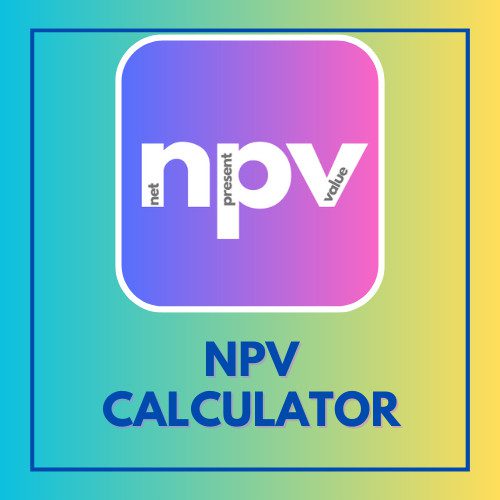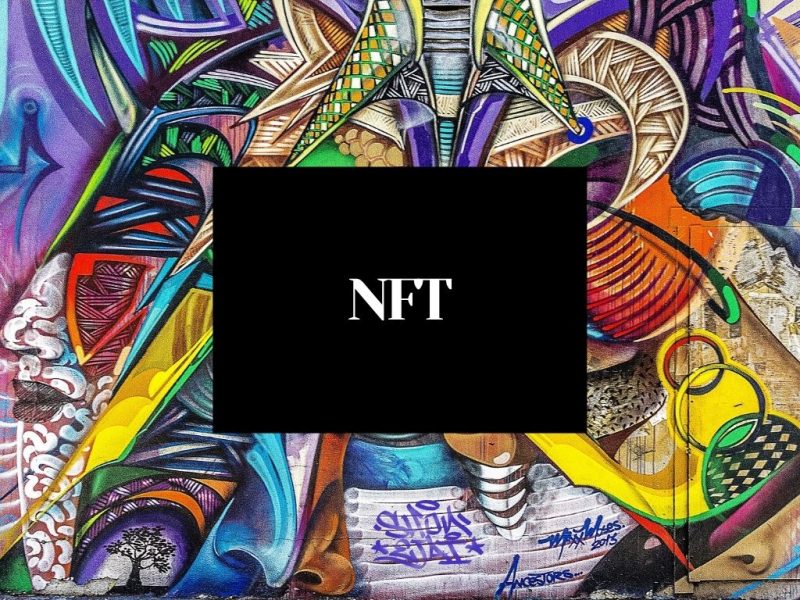This article has been reviewed by Sumeet Sinha, MBA (Emory University Goizueta Business School). Should you have any inquiries, please do not hesitate to contact at sumeet@finlightened.com.
Finance is one of several industries that artificial intelligence (AI) is quickly changing. This article on AI In Finance explores the application of AI in the world of finance.
Applications of AI in finance refer to cutting-edge algorithms and machine learning methods to evaluate enormous volumes of financial data, draw conclusions, and make forecasts or choices. By automating procedures, simplifying decision-making, enhancing risk management, and offering individualized services, AI technologies have the potential to revolutionize the financial sector.

Applications of AI in Finance
AI in finance is being used in a wide range of applications. The following are some significant uses of AI in finance:
1. Automated trading
To find trading opportunities and carry out deals automatically, AI algorithms can examine market data, historical trends, news sentiment, and other pertinent information. This lessens human biases while increasing the speed and accuracy of trading decisions.
2. Risk Assessment and Management
Analysis of a wide range of data, including financial statements, market patterns, economic indicators, and credit ratings, can be used by AI models to assess risk. This aids financial institutions in more successfully assessing creditworthiness, identifying fraud, and managing investment risks.
3. Portfolio Management
Systems with AI capabilities can optimize portfolio allocation by taking into account variables including risk tolerance, investment objectives, and market conditions. These systems are capable of maintaining constant portfolio monitoring, asset rebalancing, and adjustment suggestions depending on shifting market conditions.
4. Customer Service and Personalization
Chatbots and virtual assistants powered by AI can offer individualized financial advice, respond to consumer inquiries, and help with account administration duties. Machines can now comprehend and respond to customer requests thanks to natural language processing (NLP), which enhances engagement and customer service.
5. Fraud Detection
By examining vast amounts of transactional data, AI algorithms can spot patterns of fraudulent conduct, assisting financial institutions in real-time fraud detection and prevention. Based on new patterns, machine learning models can adjust and develop to recognize new types of fraud.
6. Credit Scoring and Underwriting
AI models can assess creditworthiness by analyzing various data points, including credit history, income, employment records, and alternative data sources. This enables more accurate and efficient credit scoring and underwriting processes.
Potential Impact of AI In Finance
AI has a major potential impact on the financial industry. It may result in increased productivity, lower expenses, better risk management, and better customer experiences. Artificial intelligence (AI) may automate routine processes, freeing up human resources to concentrate on higher-value jobs. It can enable data analysis that is quicker and more accurate, allowing for better decision-making. AI-driven insights can also be used to predict asset prices, identify market trends, and improve investment plans.

Nevertheless, it’s critical to handle potential difficulties like ethical issues, data privacy, and regulatory compliance. Building trust in AI-driven financial systems depends on ensuring the fairness and transparency of AI models and algorithms.
Machine Learning in Financial Analysis
With the help of cutting-edge algorithms, machine learning (ML) analyzes massive amounts of financial data to draw conclusions and make predictions. A more accurate and data-driven approach to decision-making in the financial sector is made possible by machine learning (ML) algorithms, which can spot patterns, trends, and linkages in data that human analysts would miss.

How machine learning algorithms can be used to analyze large volumes of financial data?
- In financial data, machine learning algorithms can find patterns and relationships. By identifying trends in past financial data, they can construct predictive models by analyzing previous market data such as price changes, trading volumes, and technical indicators.
- Regression algorithms, for instance, can forecast future stock prices based on past price information and other important variables.
- They can divide financial data into various groups based on predetermined standards. For instance, based on their financial histories and other characteristics, credit scoring models can categorize loan applicants as low-risk or high-risk.
- They can use cluster analysis to put together related financial data.
- They can identify financial data abnormalities that can be signs of fraud, inconsistencies, or strange patterns. For fraud detection, market surveillance, and risk management, anomaly detection is essential.
- Textual financial data, such as news stories, earnings reports, and social media sentiment, can be analyzed using NLP approaches in conjunction with machine learning algorithms.
- To measure the influence of news events, monitor market sentiment, and make wise investment decisions, sentiment analysis can be used.
- Investment portfolios can be made more profitable by using machine learning algorithms that analyze historical data, asset correlations, risk profiles, and other pertinent variables.
Robo-Advisors As An Application of AI in Finance
Automated online platforms called robo-advisors offer algorithm-driven financial planning and investment services.
They select and manage a diversified portfolio of investments on your behalf after using cutting-edge algorithms to examine your financial objectives, risk tolerance, and investment preferences.
Robo-advisors have gained popularity in recent years due to their convenience, accessibility, and lower fees compared to traditional financial advisors.
Bestseller Personal Finance Books
- Robo-advisors often provide an easy-to-use onboarding procedure. This makes account setup easy and eliminates the need for physical documents.
- Robo-advisors create investment portfolios using sophisticated algorithms in accordance with the investor’s risk tolerance, financial objectives, and time horizon.
- In order to provide tailored investment advice, robo-advisors use technology to assess investor profiles and preferences.
- To keep portfolios at the correct asset allocation, robo-advisors automatically monitor and rebalance them. The portfolio’s continued alignment with the investor’s risk tolerance and investment objectives is ensured by this automation.
- Tax-loss harvesting is one of the many tax efficiency techniques used by robo-advisors. Selling investments that have incurred losses can be done to offset taxable gains and perhaps lower the investor’s tax obligation.
- Investors may easily track and report on their investment portfolios thanks to robo-advisors.
- Utilizing automation and technology, they can lower operational expenses and distribute the savings to investors. Long-term net returns for investors may be enhanced by lower fees.
There are several well-known robo-advisors in the finance industry, such as Betterment, Wealthfront, Fidelity Go, and so on.
Betterment is a prominent robo-advisor that offers automated investment management services. It was founded in 2008 and has since gained popularity for its user-friendly platform, low fees, and emphasis on goal-based investing.
Fraud Detection and Prevention
Artificial intelligence (AI) tools, such as anomaly detection and predictive modeling, are essential for spotting fraud in a variety of financial contexts, including transactions, credit scoring, and identity verification. They are used in each of these fields in the following ways:

Financial Transaction Fraud Detection:
Anomaly Detection
AI systems can evaluate patterns and behaviors in financial transactions to find abnormalities that might be signs of fraud. These algorithms can identify suspicious transactions that differ significantly from the norm by comparing current activities to previous data or known trends.
Predictive modeling
Large datasets of known fraudulent and non-fraudulent transactions can be used to train machine-learning models. These models may recognize trends and signs of fraud and then forecast future transactions. Each transaction is given a risk score, assisting in the early detection of fraud.
Credit Evaluation:
Predictive Modeling
Credit score models can be created using AI approaches like machine learning. The credit history, income, and other pertinent elements of an individual are all subject to extensive analysis by these models. The models can forecast a person’s likelihood of defaulting on a loan or credit obligation by training on past credit data, which aids lenders in making decisions and managing credit risk.
Anomaly Detection
AI algorithms are capable of examining a variety of informational elements and patterns related to identity verification, including biometric information, individual details, and transaction history. They are able to spot irregularities that could point to identity theft or unauthorized attempts to access private data.
Predictive modeling
On huge datasets of confirmed IDs, machine learning models can be taught to understand patterns and attributes that separate real identities from fake ones. These models can then determine the risk involved in a certain identity verification effort and offer a confidence score to aid in-person authentication.
Natural Language Processing (NLP) in Finance
In many facets of finance, natural language processing (NLP) is important. To comprehend and evaluate data in human language, such as text and speech, computational linguistics and AI are applied.

5 Real Applications of NLP – AI in Finance
1. Sentiment Analysis
NLP approaches are used to evaluate and extract sentiment or opinions from news stories, social media posts, and other textual information pertaining to financial markets. Financial institutions and investors can assess market mood, spot patterns, and make better investment decisions by comprehending the sentiment.
2. News and Information Extraction
From a vast number of financial news items, press releases, and reports, NLP algorithms can automatically extract pertinent information. This aids in gathering and arranging financial data that can be utilized for investment research and decision-making, such as earnings reports, merger announcements, or regulatory updates.
3. Automated Report Generation
NLP can generate financial reports, summaries, and transcripts of earnings calls automatically. NLP algorithms can extract important insights, financial measurements, and textual summaries from both structured and unstructured data, making it simpler for financial analysts and investors to understand and interpret data.
4. Language-based Trading Strategies
NLP methods are used to examine and decipher textual data, such as news articles and social media posts, in order to find signals that could have an impact on the financial markets. This can be used to create quantitative trading strategies for algorithmic trading that take advantage of language-based signals and sentiment analysis.
5. Fraud Detection and Anti-Money Laundering (AML)
NLP algorithms are used to identify fraudulent activity and probable money laundering in financial transactions. This is known as anti-money laundering (AML). NLP can find suspect patterns, odd behavior, and hidden relationships that may point to fraudulent or unlawful operations by examining transactional data, customer profiles, and textual data related to transactions.
7 Ethical Implications and Potential Risks Associated With The Use of AI in Finance
The use of AI in finance brings numerous benefits, but it also raises ethical implications and potential risks.
1. Data Security and Privacy
Large volumes of delicate personal and financial data must be processed and analyzed in order to employ AI in finance. Data breaches, unlawful access, and the abuse of personal data are risks. To secure sensitive data about persons, it is essential to have strong data privacy and security procedures.
2. Bias and Fairness
The historical data used to train AI algorithms may have racial, gender, or socioeconomic biases. These biases can persist and provide unjust results in lending, credit scoring, and other financial decision-making processes if they are not adequately addressed. In order to promote justice and prevent discriminatory practices, efforts should be done to identify and minimize bias.
3. Lack of Transparency of AI in Finance
Deep learning models, one type of AI technology, can be complicated and challenging to understand. Concerns concerning the explicability of AI-driven financial decisions are raised by this lack of openness. To gain the trust of clients and regulators, financial institutions should work to make their AI systems more open and understandable.
4. Systemic Risks and Market Volatility
Increasingly relying on AI-driven trading systems may raise systemic risks and market volatility. Algorithms may act unexpectedly in response to market conditions or may exaggerate market movements. To reduce these hazards, careful monitoring and risk management are crucial.
5. Impact on the Workforce and Job Displacement Due to Increasing Usage of AI in Finance
The adoption of AI in finance may result in changes to the workforce and job displacement. Certain positions, especially those involving repetitive work, may be automated, which could have an impact on employment in some sectors. For a smooth transition and to manage any worker interruptions, adequate planning and retraining initiatives are required.
6. Accountability and culpability
Establishing responsibility and culpability for financial decisions made using AI in finance might be difficult. It may be challenging to determine who is to blame if an AI system makes a choice that causes damage or financial loss. To address accountability, legal structures and rules governing AI in finance must be made clear.
7. Inadequate Human Oversight and Judgment
Relying too heavily on AI systems without adequate human supervision and judgment can be dangerous. Blindly following algorithmic recommendations could result in less-than-ideal results since AI algorithms might not take into consideration all important aspects or unanticipated situations. AI in finance should be used in conjunction with human judgment and skill to ensure ethical decision-making.
Future of AI in Finance
AI in finance is predicted to transform financial services, increase operational effectiveness, improve consumer experiences, and facilitate better decision-making in the future. To ensure the ethical and advantageous application of AI technology in the financial industry, it will also be necessary to carefully evaluate ethical, legal, and regulatory issues.
1. Explainable AI in Finance
Explainable AI is the ability to comprehend and interpret the choices and behaviors made by AI systems. It is vital to offer justifications for AI-driven decisions as they get more complicated, especially in crucial fields like finance.
The goal of explainable AI techniques is to increase the transparency and interpretability of AI models so that humans can comprehend the underlying principles and logic that underlie the AI’s outputs. This openness promotes accountability in AI systems, enables regulatory compliance, and fosters trust.
2. Quantum Computing
Quantum computing is a newly developed technology that uses the ideas of quantum mechanics to carry out calculations. It might change a number of industries, including finance.
The capacity of quantum computers to handle complicated problems more quickly than conventional computers can have substantial effects on financial computations like portfolio optimization, risk analysis, option pricing, and cryptographic algorithms.
However, as practical quantum computing is still in its infancy, it might take some time before they are widely used in banking.
3. Decentralized Finance (DeFi)
Decentralized Finance, or DeFi, is the creation of decentralized financial systems and applications through the use of blockchain and smart contract technologies. DeFi seeks to do away with middlemen and offers financial services in an honest and open way.
Bypassing conventional financial intermediaries, it enables users to carry out tasks including lending, borrowing, trading, and asset management. DeFi platforms frequently work with open-access, programmable, and interoperable blockchain networks.
The quickly developing DeFi industry, however, also has difficulties with security, legal compliance, and possible hazards from weak smart contract security.
4. Evolving Regulatory Landscape
A changing regulatory environment has forced regulators to adjust and create frameworks to manage the risks and difficulties brought on by the growing adoption of blockchain, AI, and other emerging technologies in the financial sector.
To assure consumer protection, data privacy, transparency, and ethical usage of AI in finance and other technologies, the legal environment is changing. On issues including algorithmic transparency, bias reduction, data governance, cybersecurity, and anti-money laundering measures, regulators are concentrating.
In the fast-evolving technology landscape, governments and regulatory agencies are continually investigating policies and guidelines to achieve a balance between promoting innovation and maintaining regulatory supervision.
Conclusion
The finance sector will see additional changes as AI develops. Financial organizations, experts, and regulators must change with the times, embracing AI’s potential while considering its ethical and legal ramifications.
In conclusion, AI in finance has the potential to completely transform the financial industry by increasing productivity, enhancing decision-making, and offering tailored services. The finance sector can open up new opportunities, improve client experiences, and pave the road for a more inclusive and technologically sophisticated financial ecosystem by wisely utilizing the power of AI.


Read more
Popular Topics: Stocks, ETFs, Mutual Funds, Bitcoins, Alternative Investing, Dividends, Stock Options, Credit Cards
Posts by Category: Cash Flow | Credit Cards | Debt Management | General | Invest | Mini Blogs | Insurance & Risk Mgmt | Stock Market Today | Stock Options Trading | Technology
Useful Tools
Student Loan Payoff Calculator | Mortgage Payoff Calculator | CAGR Calculator | Reverse CAGR Calculator | NPV Calculator | IRR Calculator | SIP Calculator | Future Value of Annuity Calculator
Home | Blog
Our Financial Calculator Apps
Page Contents















